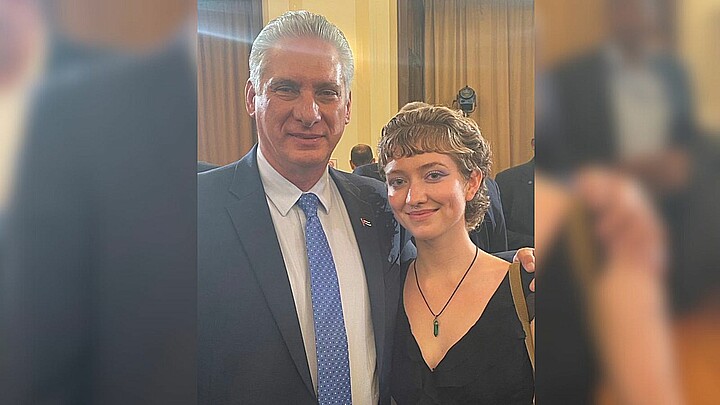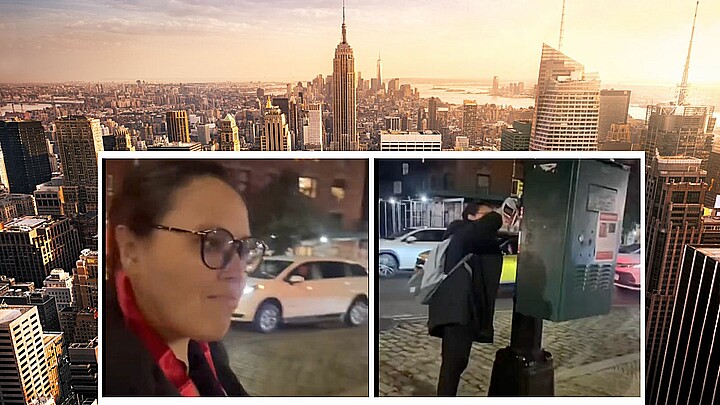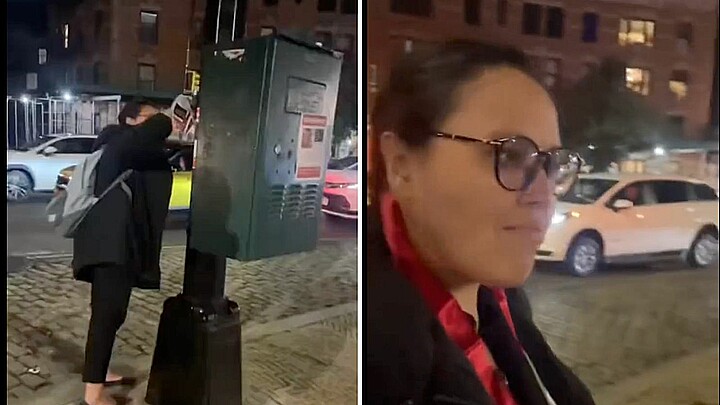Human Rights
CIA sued for allegedly spying on lawyers, journalists who met Julian Assange in London
The CIA is barred from collecting intelligence on U.S. citizens.
August 17, 2022 4:35pm
Updated: August 17, 2022 5:11pm
A group of journalists and lawyers sued the CIA and its former director Mike Pompeo on Monday, alleging the agency spied on them while visiting WikiLeaks founder Julian Assange at the Ecuadorian embassy in London.
The plaintiffs, who are all U.S. citizens, accused the CIA of violating their Fourth Amendment rights to be free from unreasonable search and seizures when it snooped on their confidential discussions with Assange, who is an Australian.
"The United States Constitution shields American citizens from U.S. government overreach even when the activities take place in a foreign embassy in a foreign country," Richard Roth, the lead attorney representing the plaintiffs, told AFP.
The CIA is prohibited from collecting intelligence on U.S. citizens. In February, lawmakers revealed the spy agency of bypassing this protection to conduct a bulk data-collection program on Americans.
The suit was filed by attorneys Margaret Ratner Kunstler and Deborah Hrbek, and journalists Charles Glass and John Goetz, all of whom visited Assange between January 2017 and Mar. 2018.
The plaintiffs said they were required to surrender their electronic devices, like phones and decides, to Undercover Global, which had a security contract with the Ecuadorian embassy, prior to each visit.
According to the suit, Undercover Global copied the information on the devices, including conversations with Assange, and provided it to the CIA – actions that were authorized and approved by then-director Pompeo.
This, the attorneys claim, violated privacy protections for American citizens.
Assange was holed up in the London embassy for seven years before being dragged out and jailed in 2019, according to AFP.
He is fighting extradition to the U.S., where he faces charges that could bring a sentence of up to 175 years in prison.









